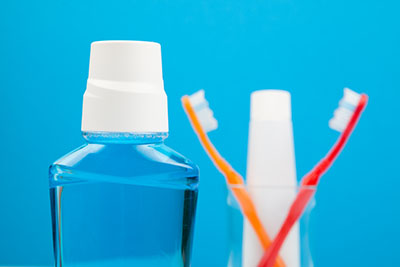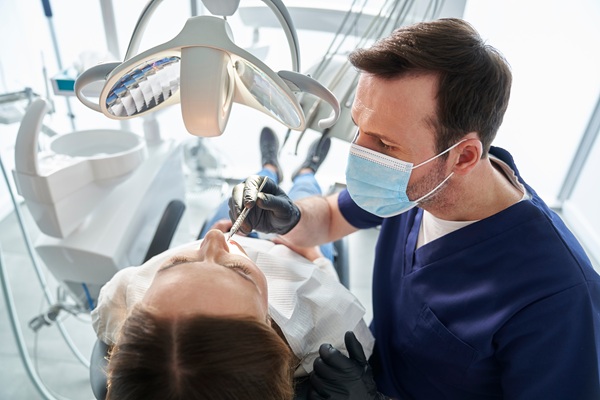Which Mouthwash is Right for You?
 If you are wondering why mouthwash is necessary, how to use mouthwash and which is the best on the market, you are not alone! The store shelves are jam-packed with all sorts of different mouthwashes, toothbrushes, toothpaste and floss. Here is a look at the different mouthwashes, how to use mouthwash and why it is so important for oral health.
If you are wondering why mouthwash is necessary, how to use mouthwash and which is the best on the market, you are not alone! The store shelves are jam-packed with all sorts of different mouthwashes, toothbrushes, toothpaste and floss. Here is a look at the different mouthwashes, how to use mouthwash and why it is so important for oral health.
Important mouthwash tips
How to Select a Mouthwash
It is surprisingly difficult to select the optimal mouthwash for your unique oral health needs. The number of options is just about endless. Some have fluoride. Others are designed to stop cavity formation. Some are for those with sensitive teeth, gum disease or other oral health challenges.
The bottom line is all mouthwashes are distinct in terms of benefits, flaws, price, taste and other important factors. In general, two primary mouthwash categories exist: therapeutic and cosmetic. Cosmetic mouthwashes are meant to temporarily freshen the breath. These mouth rinses do nothing more than mask bad breath. Cosmetic mouth rinses do not have any agents that assist in the prevention of plaque.
Nor is there any protection against gingivitis or cavities. The other mouthwash type, therapeutic, does the tough work. It delves into spaces of the mouth the toothbrush and toothpaste cannot reach to perform an in-depth cleaning.
How to Use Mouthwash
Regardless of which type you select, you might be wondering how to use mouthwash. Here is how to do it. Start out by filling the bottle's cap with the mouthwash. Tilt your head back, pour the mouthwash into your mouth. Swish it around for at least half a minute, tilt your head back down and spit it into the sink.
The Many Different Types of Mouthwash: Cavity Prevention Mouthwash
If you are prone to cavities, opt for a mouthwash with fluoride and anticavity properties. Fluoride is essential for tooth protection as it bolsters enamel and makes it challenging for acids to lead to tooth decay. Even if you do not have a good number of cavities, using fluoridated mouthwash will help if you refuse to drink tap water. Every tooth in your mouth requires contact with fluoride, be it from the tap or your mouthwash.
Mouthwash With Alcohol
Some dentists advise avoiding mouth rinses containing alcohol as they dry out the mouth. A dry mouth is that much more prone to cavities. Furthermore, some are adamant mouth rinses with alcohol can lead to oral sores. Choose a mouthwash without alcohol and you won't have to worry about your kids swallowing it or the development of dry mouth, oral sores, a higher chance of oral cancer etc.
Mouthwash for Gum Disease
If your main dental concern is gum disease, choose a mouth rinse that will assist with that particular dental problem. The mouth rinses you select should also control tartar as both accompany one another. An excess buildup of tartar makes it easy for bacteria to move through the mouth, inflame the gums and spur gum disease.
Control Plaque With a Mouthwash Designed to Kill Germs
This type of mouthwash provides the benefits of the cosmetic and therapeutic varieties. Plaque-controlling mouthwash is loaded with antibacterial ingredients that combat the oral bacteria that lead to the production of plaque and that nasty odor.
Call (703) 763-5239 to schedule an appointment with Oak Tree Dental in our McLean dental office.
 If you are wondering why
If you are wondering why 
